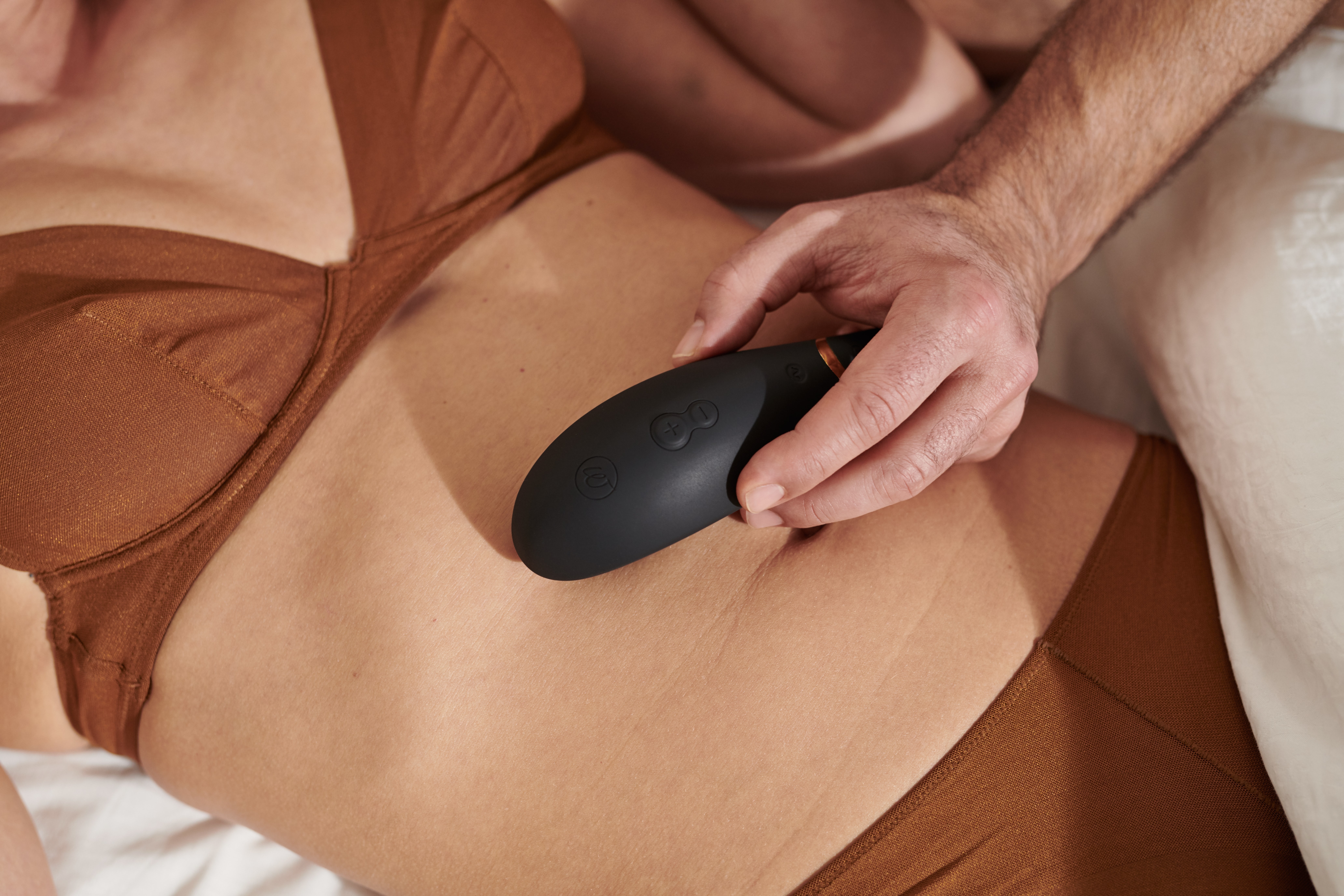Cold remedies: What works, what doesn’t, what can’t hurt
There’s no cure for the common cold. But what about cold remedies that claim to make you feel better faster? Find out what’s effective — and what’s not.
Cold remedies are almost as common as the common cold, but are they effective? Nothing can cure a cold. But some remedies might help ease your symptoms and keep you from feeling so miserable. Here’s a look at some common cold remedies and what’s known about them.
Cold remedies that work
If you catch a cold, you can expect to be sick for one to two weeks. That doesn’t mean you have to be miserable. These remedies might help you feel better:
- Stay hydrated. Water, juice, clear broth or warm lemon water with honey helps loosen congestion and prevents dehydration. Avoid alcohol, coffee and caffeinated sodas, which can make dehydration worse.
- Rest. Your body needs rest to heal.
Soothe a sore throat. A saltwater gargle — 1/4 to 1/2 teaspoon salt dissolved in an 8-ounce glass of warm water — can temporarily relieve a sore or scratchy throat. Children younger than 6 years are unlikely to be able to gargle properly.
You can also try ice chips, sore throat sprays, lozenges or hard candy. Use caution when giving lozenges or hard candy to children because they can choke on them. Don’t give lozenges or hard candy to children younger than 6 years.
Combat stuffiness. Over-the-counter saline nasal drops and sprays can help relieve stuffiness and congestion.
In infants, experts recommend putting several saline drops into one nostril, then gently suctioning that nostril with a bulb syringe. To do this, squeeze the bulb, gently place the syringe tip in the nostril about 1/4 to 1/2 inch (about 6 to 12 millimeters), and slowly release the bulb. Saline nasal sprays may be used in older children.
Relieve pain. For children 6 months or younger, give only acetaminophen. For children older than 6 months, give either acetaminophen or ibuprofen. Ask your child’s doctor for the correct dose for your child’s age and weight.
Adults can take acetaminophen (Tylenol, others), ibuprofen (Advil, Motrin IB, others) or aspirin.
Use caution when giving aspirin to children or teenagers. Though aspirin is approved for use in children older than age 3, children and teenagers recovering from chickenpox or flu-like symptoms should never take aspirin. This is because aspirin has been linked to Reye’s syndrome, a rare but potentially life-threatening condition, in such children.
- Sip warm liquids. A cold remedy used in many cultures, taking in warm liquids, such as chicken soup, tea or warm apple juice, might be soothing and might ease congestion by increasing mucus flow.
- Try honey. Honey may help coughs in adults and children who are older than age 1. Try it in hot tea.
- Add moisture to the air. A cool-mist vaporizer or humidifier can add moisture to your home, which might help loosen congestion. Change the water daily, and clean the unit according to the manufacturer’s instructions.
Try over-the-counter (OTC) cold and cough medications. For adults and children age 5 and older, OTC decongestants, antihistamines and pain relievers might offer some symptom relief. However, they won’t prevent a cold or shorten its duration, and most have some side effects.
Experts agree that these shouldn’t be given to younger children. Overuse and misuse of these medications can cause serious damage. Talk with your child’s doctor before giving any medications.
Take medications only as directed. Some cold remedies contain multiple ingredients, such as a decongestant plus a pain reliever, so read the labels of cold medications you take to make sure you’re not taking too much of any medication.
Cold remedies that don’t work
The list of ineffective cold remedies is long. Some of the more common ones that don’t work include:
- Antibiotics. These attack bacteria, but they’re no help against cold viruses. Avoid asking your doctor for antibiotics for a cold or using old antibiotics you have on hand. You won’t get well any faster, and inappropriate use of antibiotics contributes to the serious and growing problem of antibiotic-resistant bacteria.
- Over-the-counter cold and cough medications in young children. OTC cold and cough medications may cause serious and even life-threatening side effects in children. Talk with your child’s doctor before giving any medications.
Cold remedies with conflicting evidence
In spite of ongoing studies, the scientific jury is still out on some popular cold remedies, such as vitamin C and echinacea. Here’s an update on some common alternative remedies:
Vitamin C. It appears that taking vitamin C won’t usually help the average person prevent colds.
However, some studies have found that taking vitamin C before cold symptoms start may shorten the length of time you have symptoms. Vitamin C may benefit people at high risk of colds due to frequent exposure — for example, children who attend group child care during the winter.
Echinacea. Study results on whether echinacea prevents or shortens colds are mixed. Some studies show no benefit. Others show some reduction in the severity and duration of cold symptoms when taken in the early stages of a cold. Different types of echinacea used in different studies may have contributed to the mixed results.
Echinacea seems to be most effective if you take it when you notice cold symptoms and continue it for seven to 10 days. It appears to be safe for healthy adults, but it can interact with many drugs. Check with your doctor before taking echinacea or any other supplement.
Zinc. Several studies have suggested that zinc supplements may reduce the length of a cold. But research has turned up mixed results about zinc and colds.
Some studies show that zinc lozenges or syrup reduce the length of a cold by about one day, especially when taken within 24 to 48 hours of the first signs and symptoms of a cold.
Zinc also has potentially harmful side effects. Talk to your doctor before considering the use of zinc to prevent or reduce the length of colds.
Take care of yourself
Although usually minor, colds can make you feel miserable. It’s tempting to try the latest remedy, but the best thing you can do is take care of yourself. Rest, drink fluids and keep the air around you moist. Remember to wash your hands frequently.
Sept. 23, 2021
- Common cold. Centers for Disease Control and Prevention. https://www.cdc.gov/antibiotic-use/community/for-patients/common-illnesses/colds.html. Accessed Feb. 20, 2020.
- Sexton DJ, et al. The common cold in adults: Treatment and prevention. https://www.uptodate.com/contents/search. Accessed Feb. 20, 2020.
- Saper RJ. Clinical use of echinacea. https://www.uptodate.com/contents/search. Accessed Feb. 20, 2020.
- Pappas DE. The common cold in children: Management and prevention. https://www.uptodate.com/contents/search. Accessed Feb. 20, 2020.
- AskMayoExpert. Upper respiratory tract infection. Mayo Clinic; 2020.
- Echinacea. Natural Medicines. https://naturalmedicines.therapeuticresearch.com. Accessed Feb. 21, 2020.
- Vitamin C. Natural Medicines. https://naturalmedicines.therapeuticresearch.com. Accessed Feb. 21, 2020.
- Zinc. Natural Medicines. https://naturalmedicines.therapeuticresearch.com. Accessed Feb. 21, 2020.
- Drutz JE. Acute pharyngitis in children and adolescents: Symptomatic treatment. https://www.uptodate.com/contents/search. Accessed Feb. 21, 2020.
- AAP Committee on Infectious Diseases. Recommendations for prevention and control of influenza in children, 2017-2018. Pediatrics. 2017; doi:10.1542/peds.2017-2550.
- Sullivan JE, et al. Clinical report — Fever and antipyretic use in children. Pediatrics. 2011; doi:10.1542/peds.2010-3852. Reaffirmed July 2016.
- 314 labeling of drug preparations containing salicylates. Electronic Code of Federal Regulations. https://www.ecfr.gov/cgi-bin/text-idx?SID=76be002fc0488562bf61609b21a6b11e&mc=true&node=se21.4.201_1314&rgn=div8. Accessed Feb. 22, 2018.
- Renaud DL (expert opinion). Mayo Clinic, Rochester, Minn. Feb. 27, 2018.
.
Note: This article have been indexed to our site. We do not claim legitimacy, ownership or copyright of any of the content above. To see the article at original source Click Here













